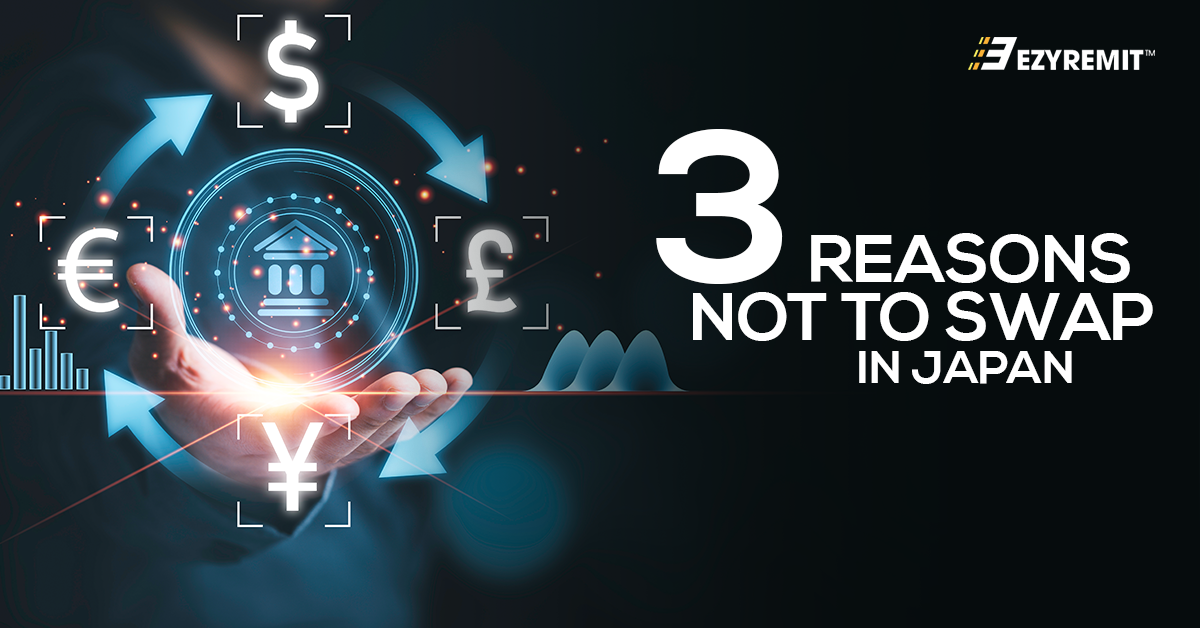The uncertain financial landscape created by recent events has created both opportunity and diversity in equal measure for those looking to do something new with their money. As stocks and commodities plunge, more and more people are taking the route of investing for the first time, looking to take advantage of the boom that is sure to come just around the corner.
Truly, then, it’s an exciting time to start getting involved with the investment game. But not many people know that the largest, most active and most dynamic global market is one that few may have heard of.
If you play your cards right, it could be incredibly lucrative. But trading with leverage can also result in significant losses especially in a volatile market. Welcome, friends, to the world of Forex trading.
The global Forex, or Foreign Exchange market, is the largest continuously running trading market in the world. Open 24/7 and making just about every available currency available to buy and sell, trillions of dollars flow through Foreign Exchange Markets every day, with people trading currencies on a mass scale, much in the same way that you do when you visit a currency exchange point on your holidays.
Forex Trading is where you trade currency based on your prediction of its future value. While currency value fluctuates on a minute-by-minute basis, taking a calculated gamble on the Foreign Exchange Market is less confusing than it initially seems.
At its most basic level, when you make a Forex trade, you purchase multiple set units of a currency paired with another, with the intention that the currency you’ve purchased will rise in value while the currency it’s set against will drop. Say you think the US Dollar will rise against the Aussie, you can buy a set amount of US dollar, with the intention of selling it to someone wanting to buy US dollars with Australian currency, just at a higher price.
So why get into Forex trading at all, when the stock market has always been seen as the quicker way to make cash? The basic answer is stability. Now, this isn’t to say that currencies don’t often behave in an unexpected manner. They do, but often not at the kind of rate by which public companies can rise and fall in value. Another benefit of the global forex market is that it’s essentially open 24/7, and while there are only a few set windows where you can trade the most commonly-traded currencies at once, it makes for a dynamic, constantly flowing market where there’s always an opportunity to make money.
While that all sounds well and good, it’s important to note that, in actual fact, the vast majority of retail traders lose money, so it’s imperative to understand the risks before you start trading. Forex trading is by no means an investment strategy, but much more in the league of playing the short game on stocks. It's a game of speculation, meaning that every trade you make it something of a gamble.
Just like with any other form of trading, there are all manner of brokers and traders out there who are set up to cater for different trading strategies - so many so that the choice of who to go with can be as confusing and overwhelming as it is important. This is where services like Compare Forex Brokers come in, giving you an instant reference point to compare things like spread, fee, and the amount of information they give to people just getting started in Forex trading.
Just remember, don’t bite off more than you can chew: keep leverage to a minimum until you become more experienced. While you should be using risk minimisation tools that all brokers offer such as stop losses, guaranteed stops etc, you should also be conducting extensive research and training using demo account platforms where you can test your strategies before trading in a live environment (where actual money is at risk).
Source: www.gq.com.au







